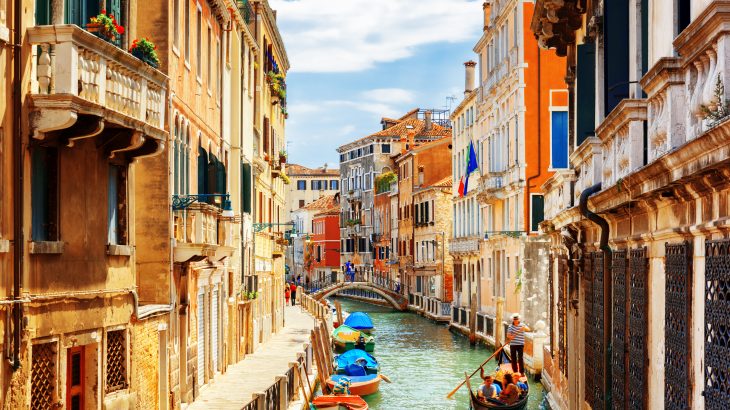UPDATE: NOVEMBER 1, 2021: THE ITALIAN GOVERNMENT HAS EXTENDED THE SUPERBONUS PROGRAM TO THE END OF 2022.
Italy’s government is offering a 110% tax credit on certain renovation projects, which essentially means getting to improve your home for free. The so-called “Super Bonus” is available until the end of the year with a chance of it being extended.
Renovations projects eligible for the Italian tax Super Bonus include:
- Home insulation
- Centralized heating systems in a condominium
- Single home heating systems
- Seismic improvements
The credit can also be extended to the following projects if linked to the above projects:
- Solar panels
- Electric car charging points
- Other energy efficiency project
Who is eligible for the Super Bonus
The superbonus is not only individuals that are eligible, but also condominiums and amateur sports associations. For seismic improvements, the property must be located in a qualifying municipality.
Super Bonus Limits
According to Nicolò Bolla, our Italian tax adviser based in Parma, Italy, the maximum credit depends upon the type of work involved. In a post, he details some of these caps.
- Insulation (external coating, floor insulation) cap is € 50,000 per house or € 40,000 per unit inside a condominium.
- Centralized heating systems in a condominium attracts a tax credit capped at € 20,000 per house unit as long as the condominium has eight units or fewer or € 15,000 in apartment buildings with more than eight units.
- In home heating systems (a single unit) the tax credit is capped at € 30,000.
- The cap on seismic structural improvements is € 96.000 per house unit underscoring both the expense and importance of such a renovation.
How is the Credit Applied
The credit is applied at 110% of the value of the expenditure up to the caps listed above. The credit can be used to offset the tax payable over the next five years.
So if you spend €30,000 upgrading your home heating system, the 100% tax credit amounts to €33,000. Spread that over five years is €6,600 per year credited against your tax.
Trading your Tax Credit
You are permitted to trade the tax credit with a third party resident in Italy. You can also trade the credit with your contractor provided the amount is credited against the payment for the work itself. The credit can be traded partially or in full.
Sworn Statement
You must obtain a sworn statement to be able to utilize the Super Bonus from both a certified accountant and a certified engineer. We advise you to speak with our Italian tax specialist. Any expenses related to obtaining the expenses can also be deducted as part of the Super Bonus (provided you have not already exceeded the cap).
Italian Tax & Property Services
Italy is an attractive place to establish your residence. The Italian government offers various tax credits to attract Retirees, Self-employed Workers, and High-Net-Worth Individuals to establish their tax residency in Italy. Read all about these tax benefits here. Our firm also works with the One Euro Home Project. Watch our expert webinar on One Euro Homes below.
Visit our Italy Practice Group Home Page for all your information about immigration to and from Italy.
This article is published for clients, friends and other interested visitors for information purposes only. The contents of the article do not constitute legal advice and do not necessarily reflect the opinions of Davies & Associates or any of its attorneys, staff or clients. External links are not an endorsement of the content.



























